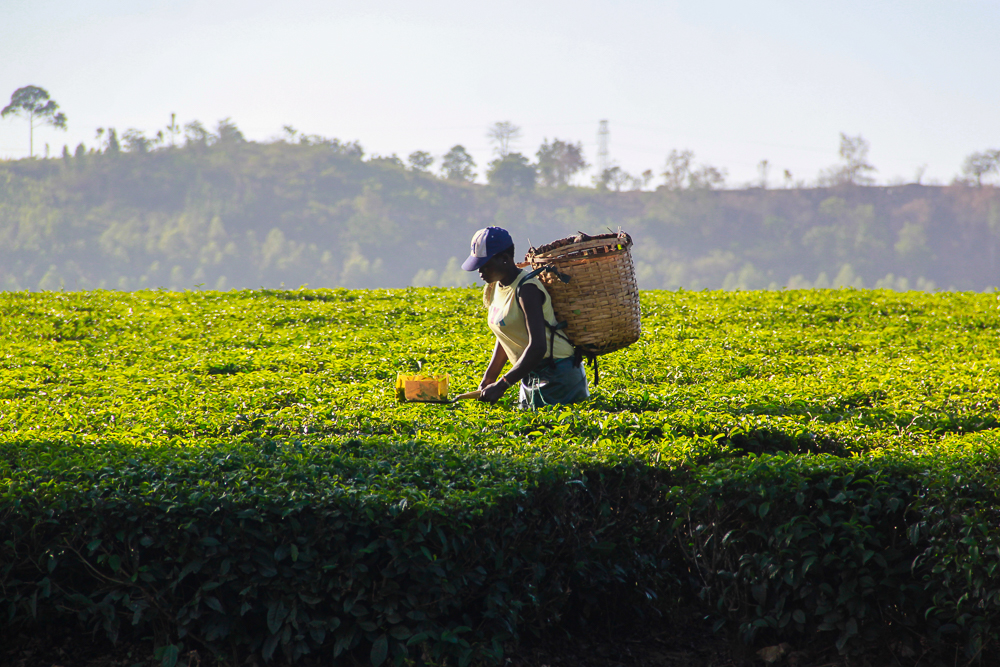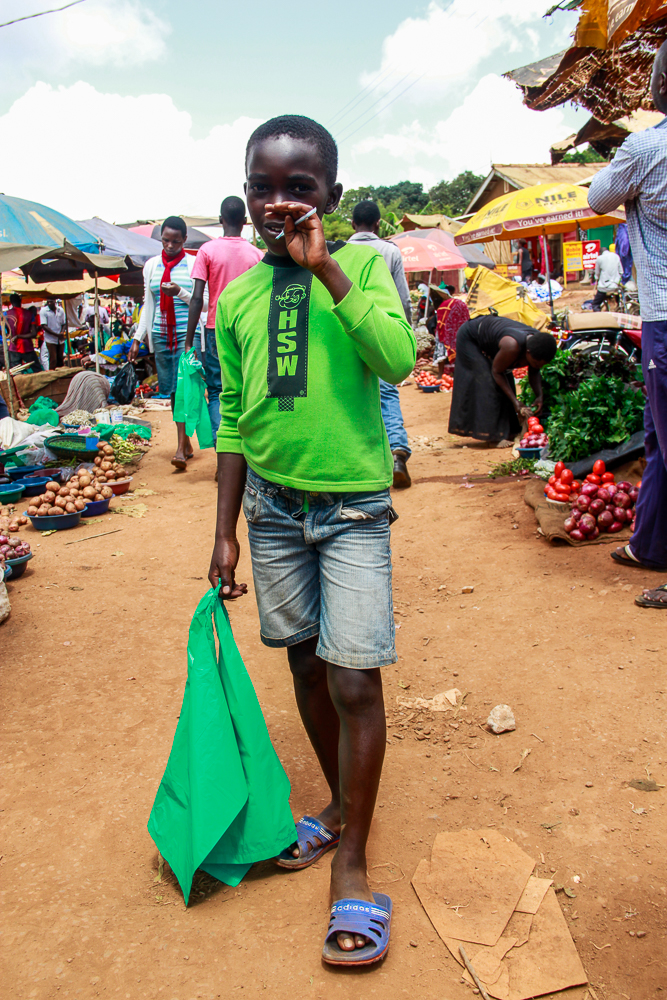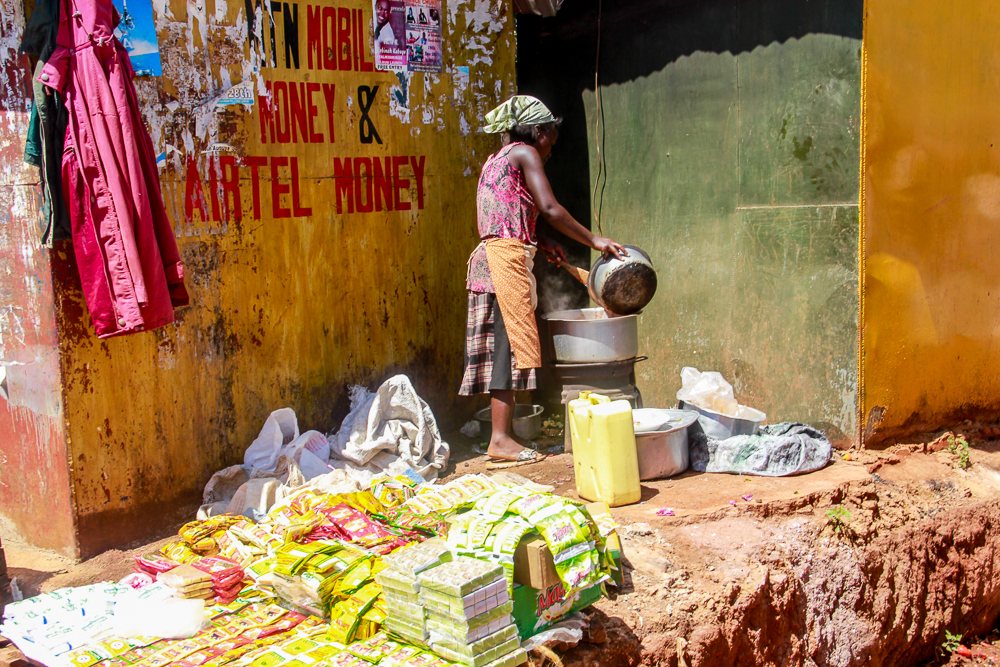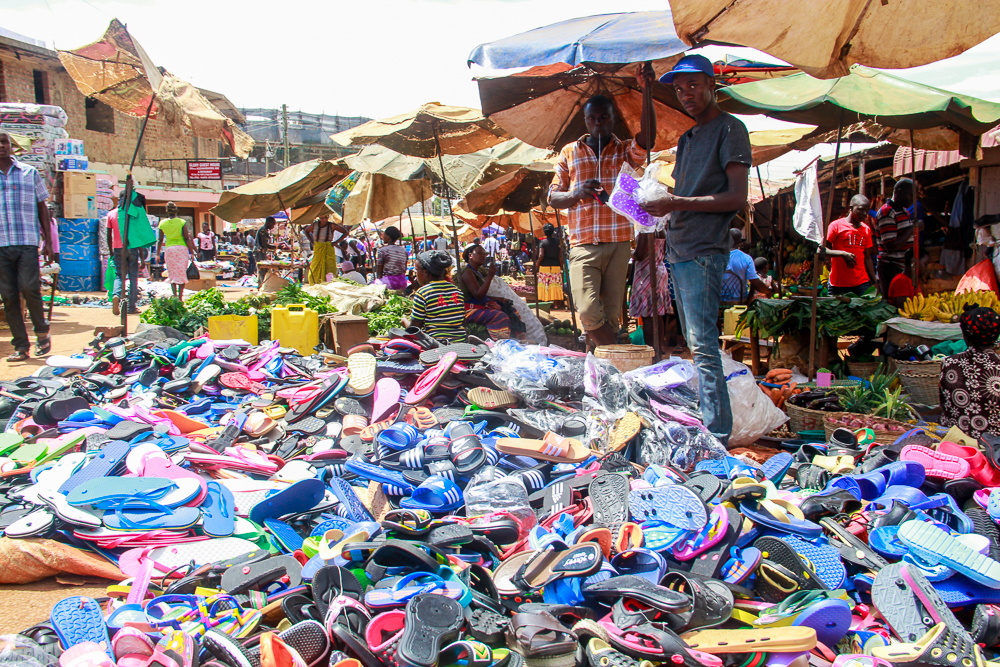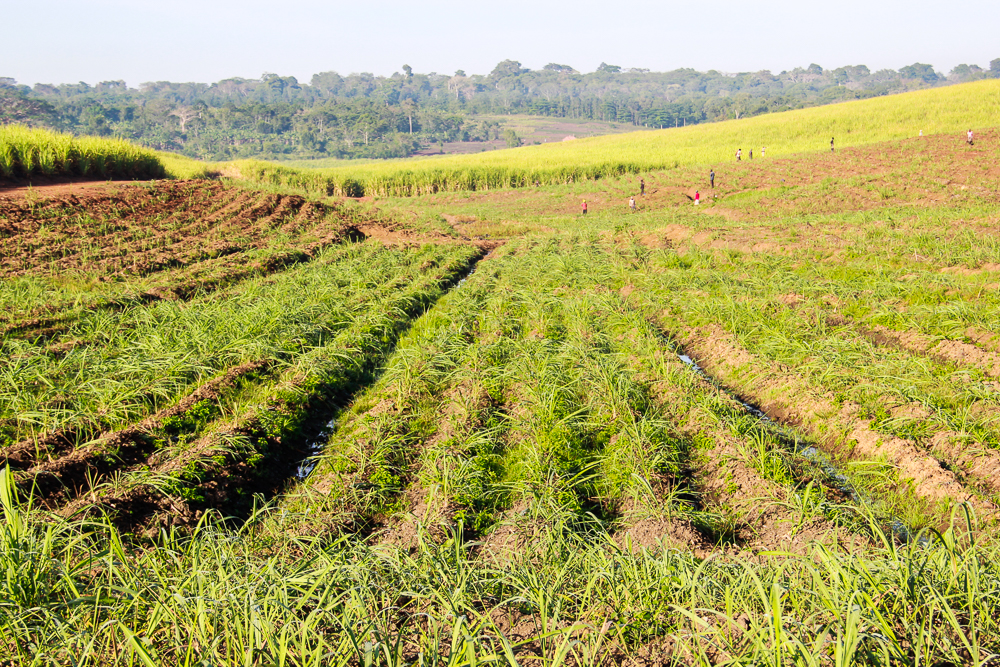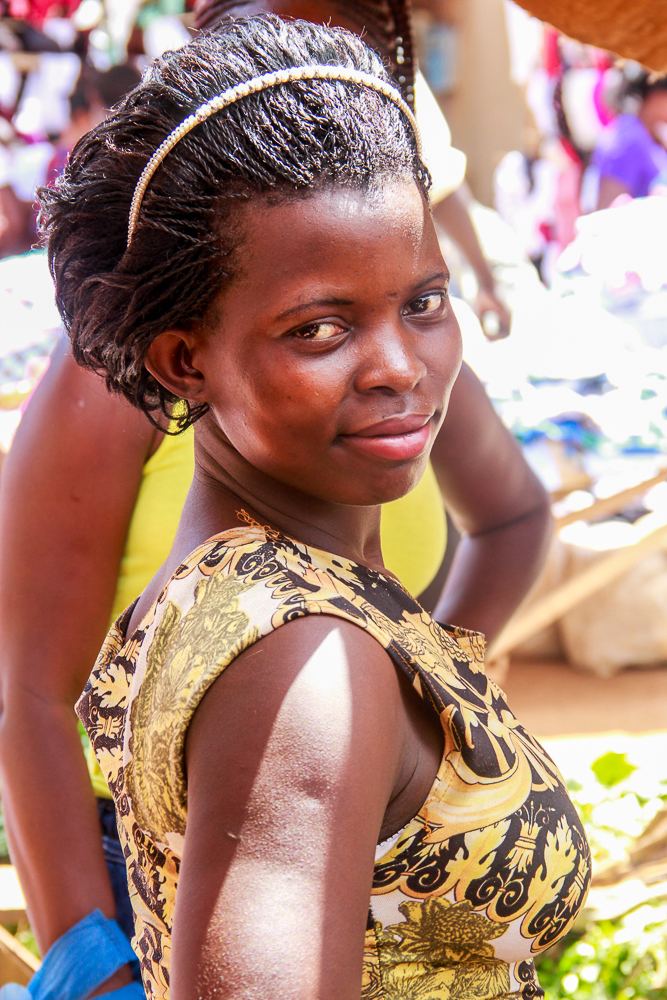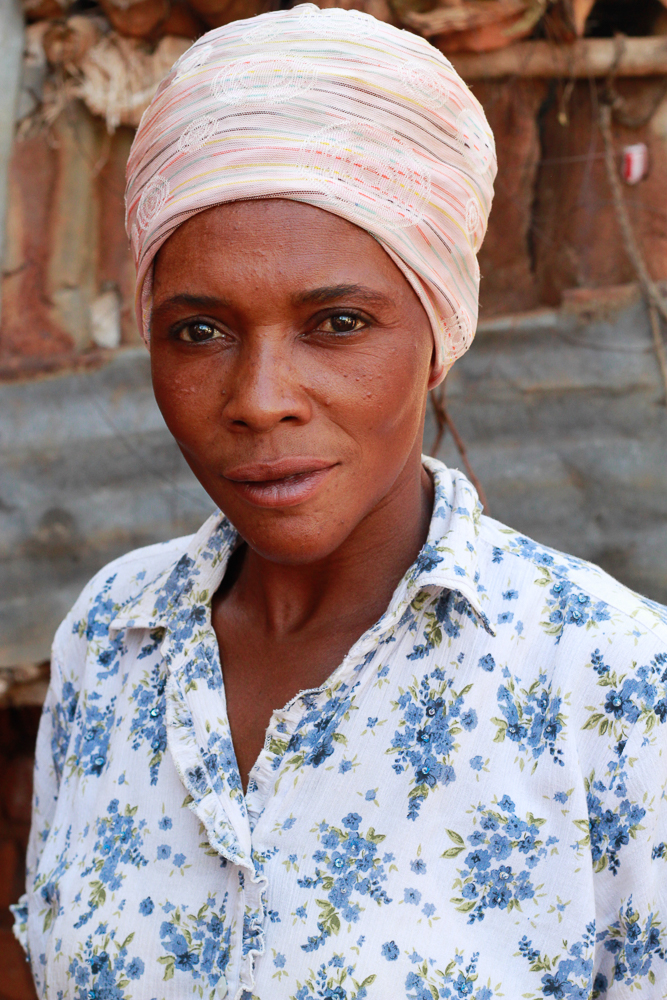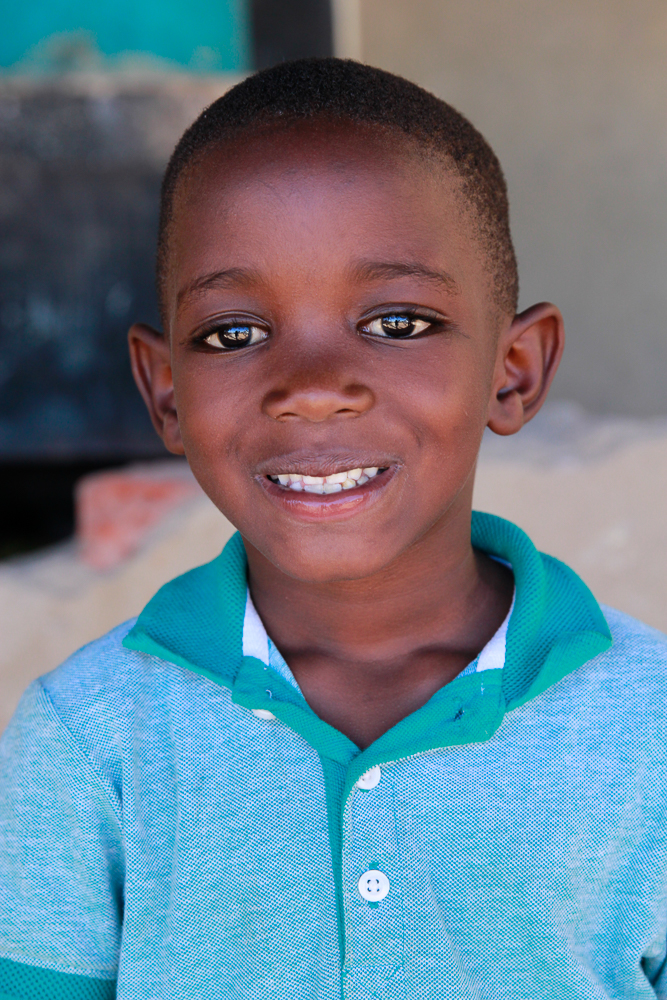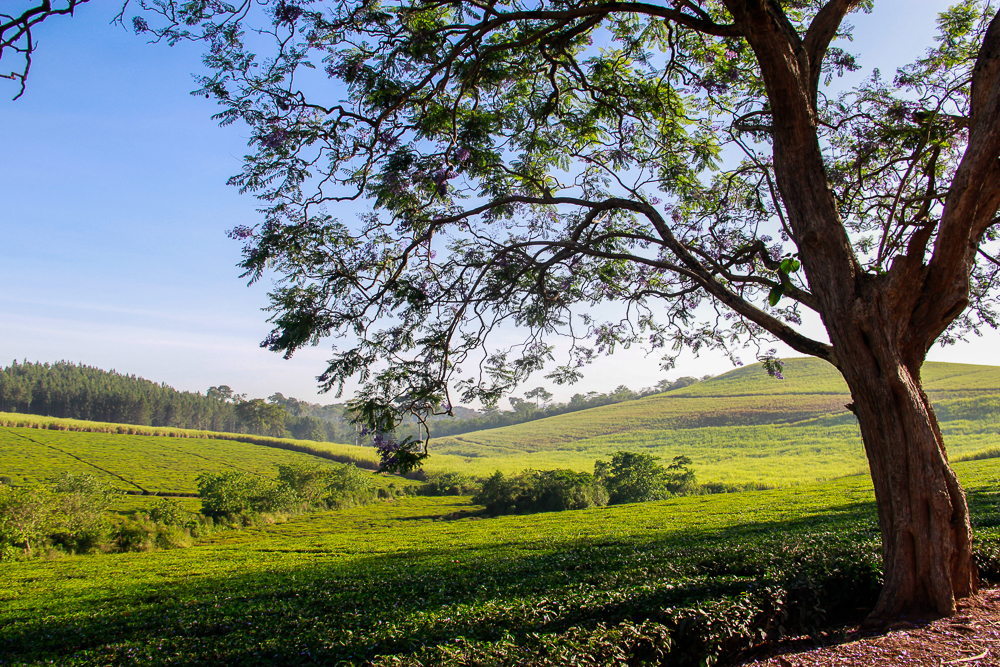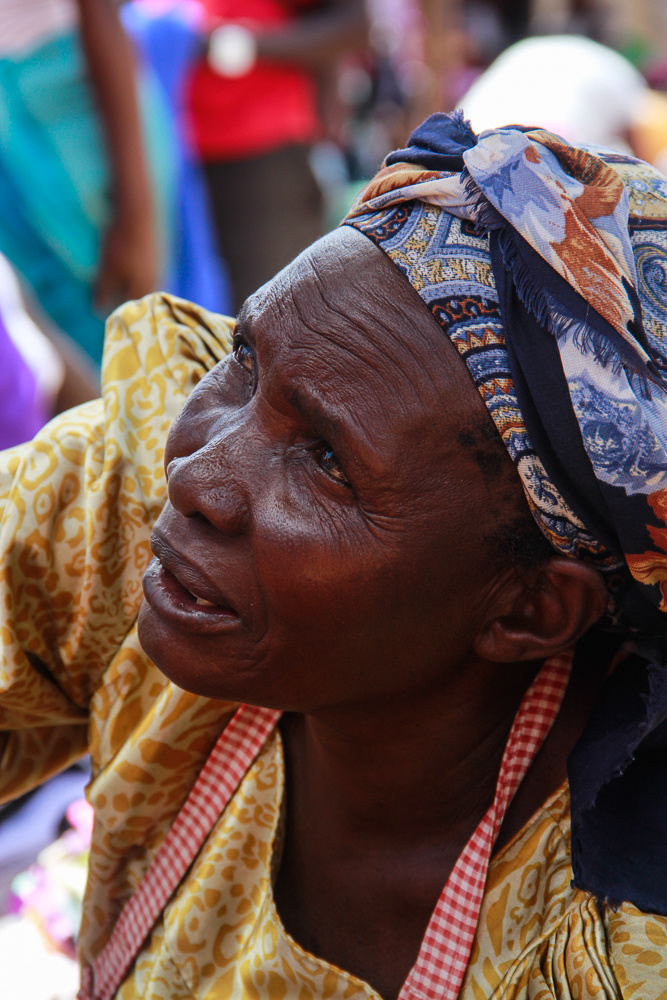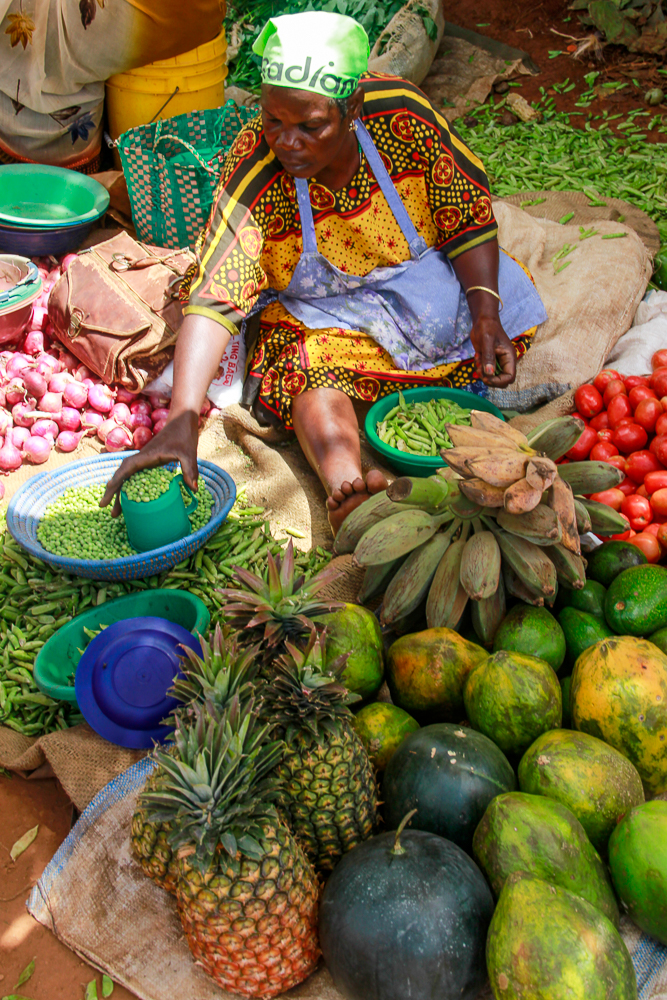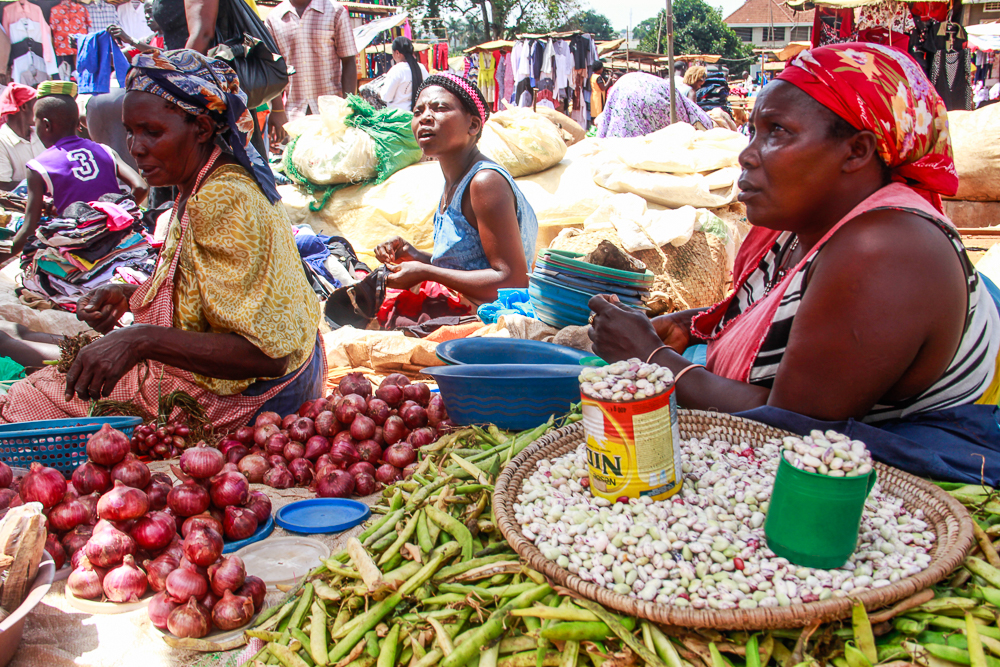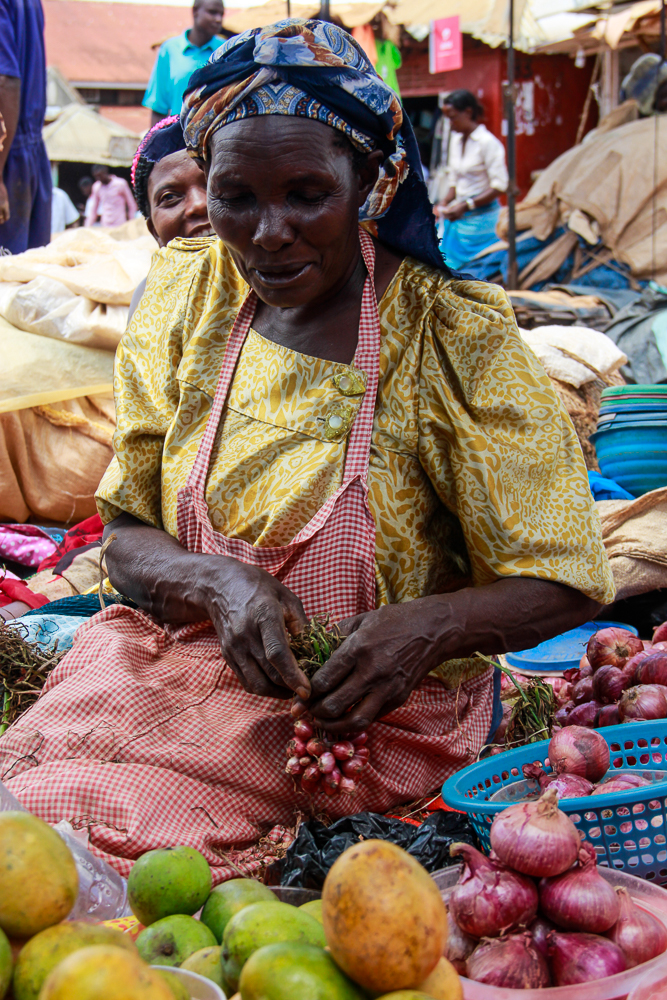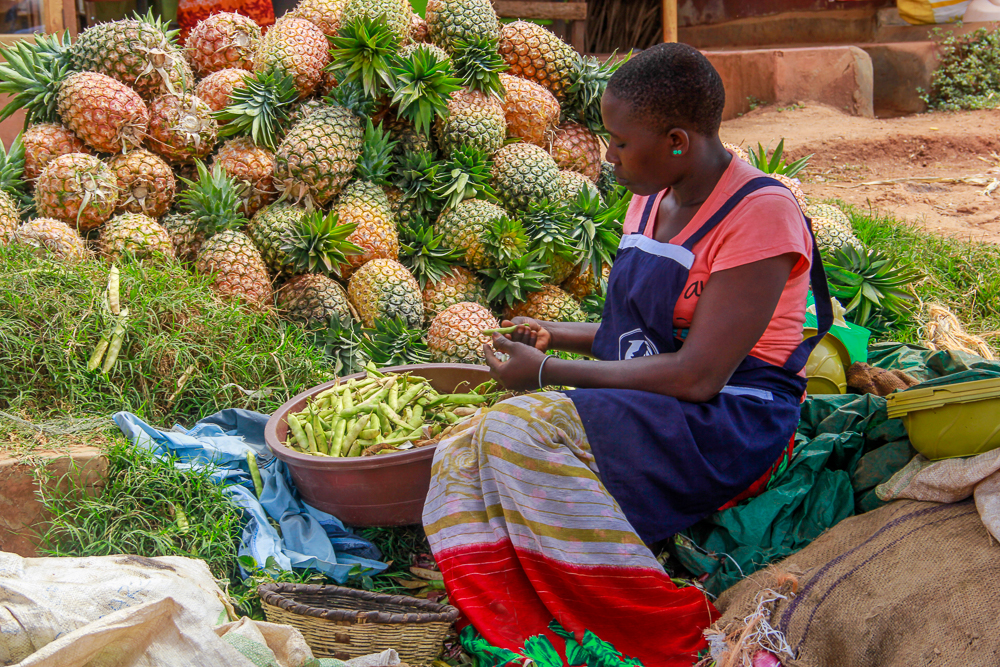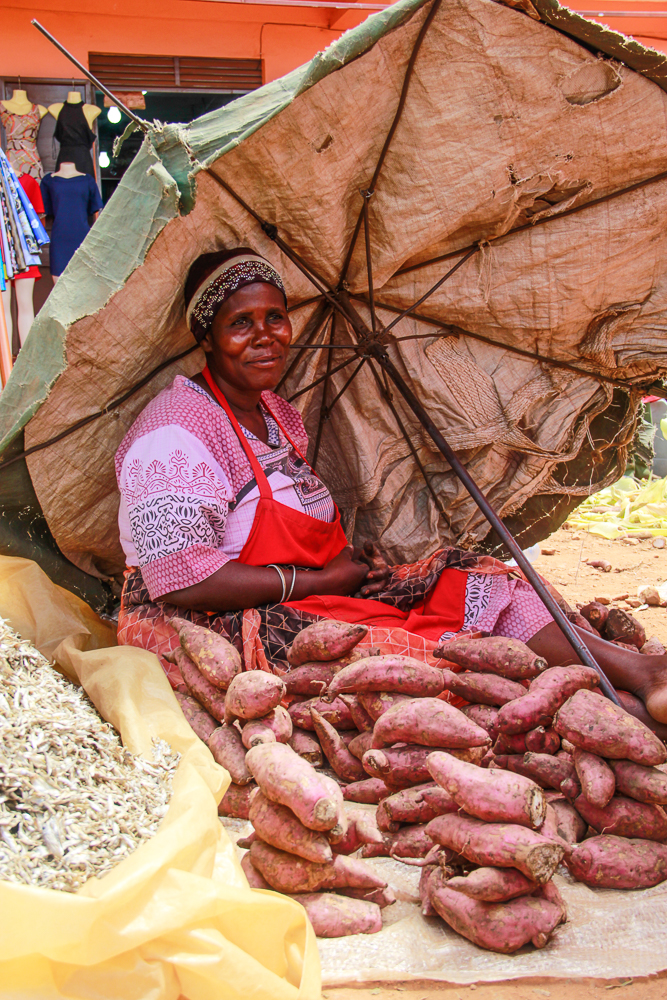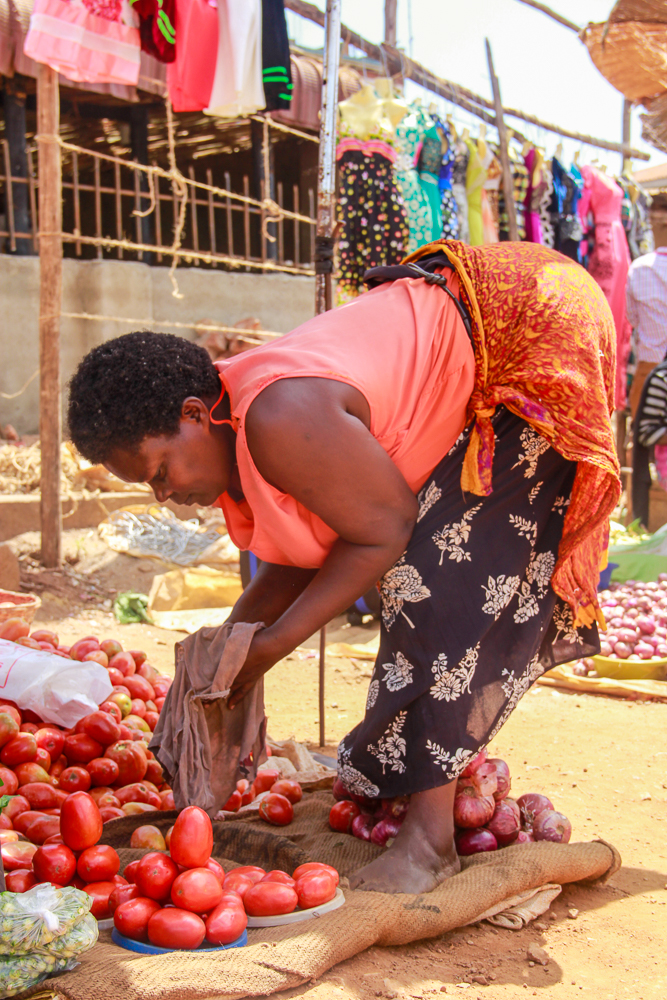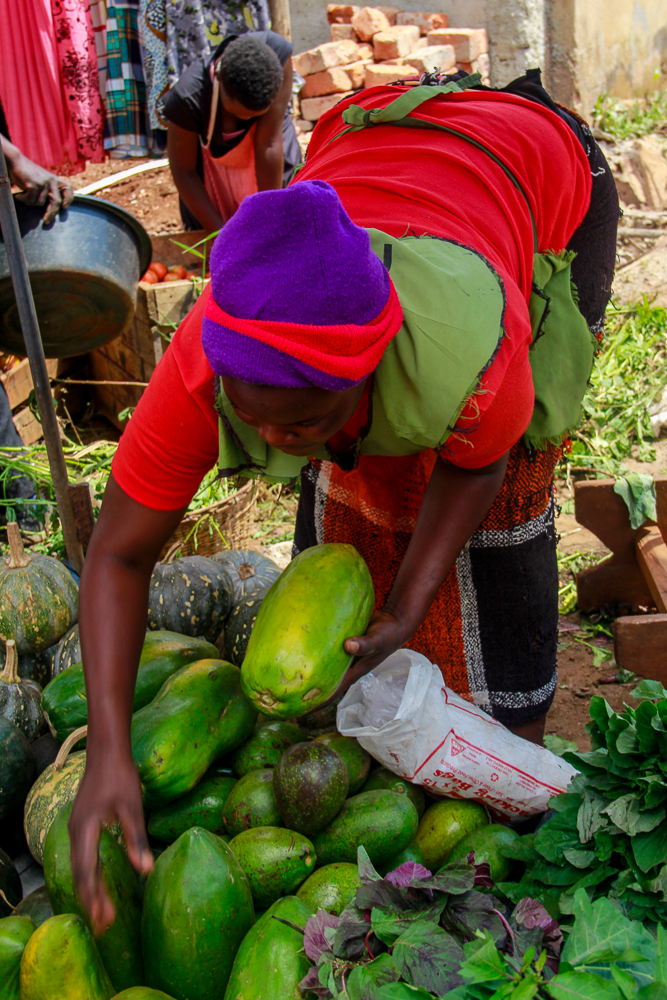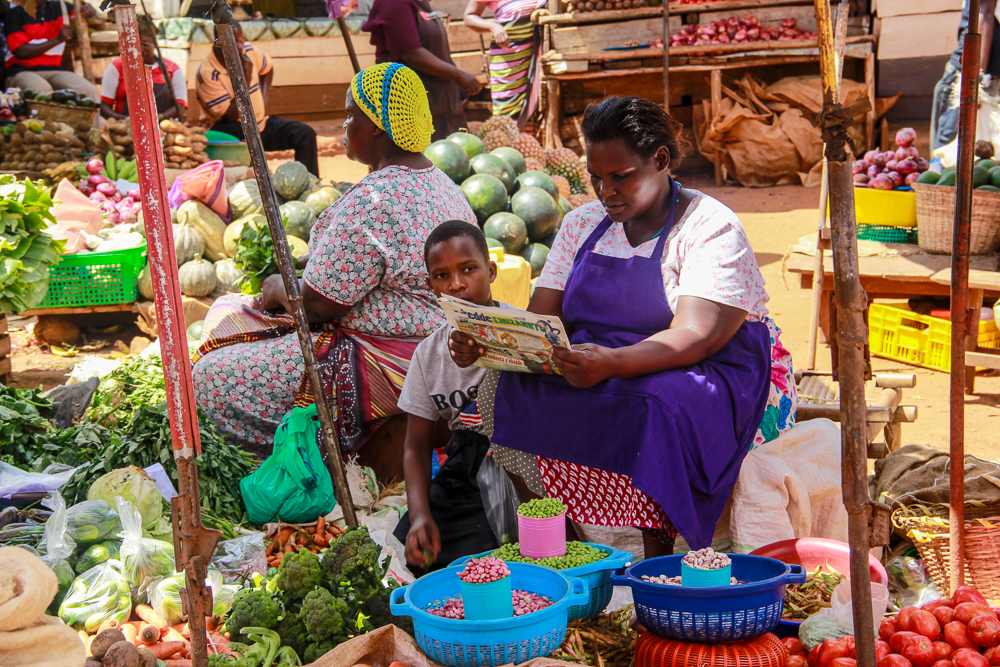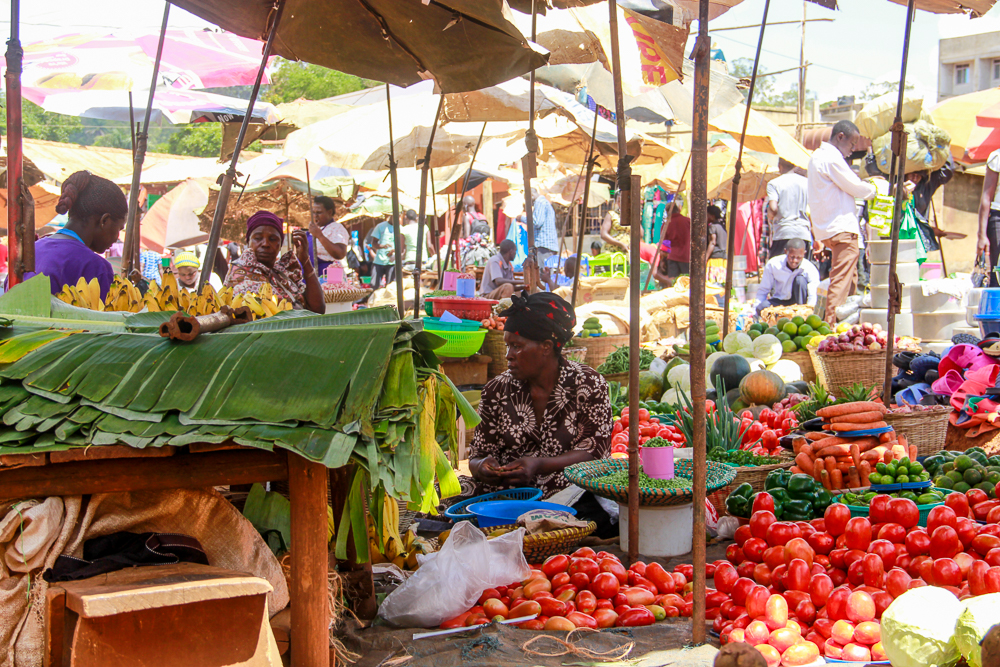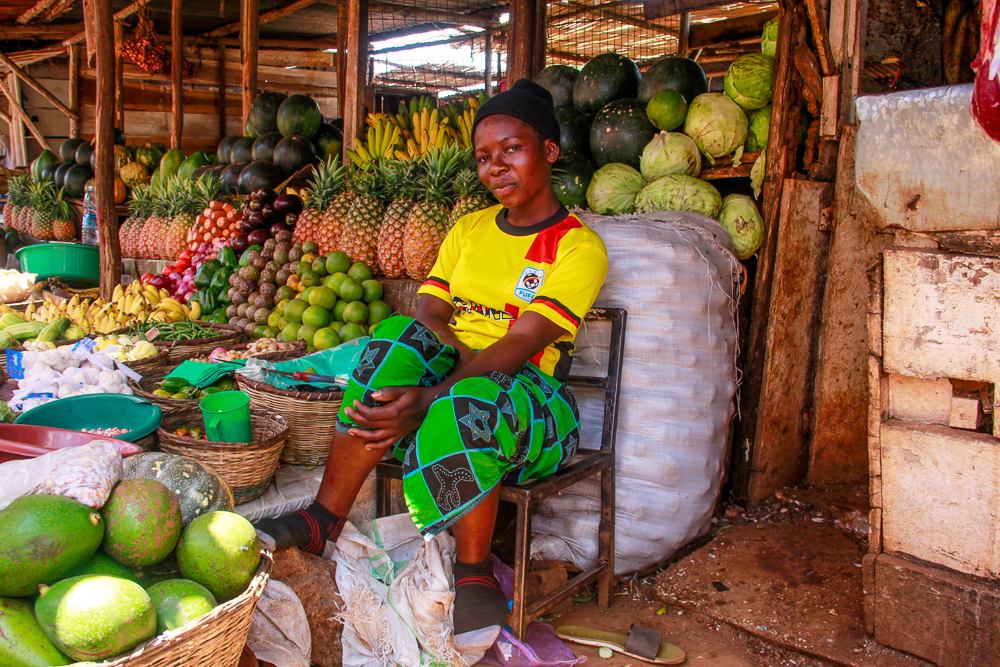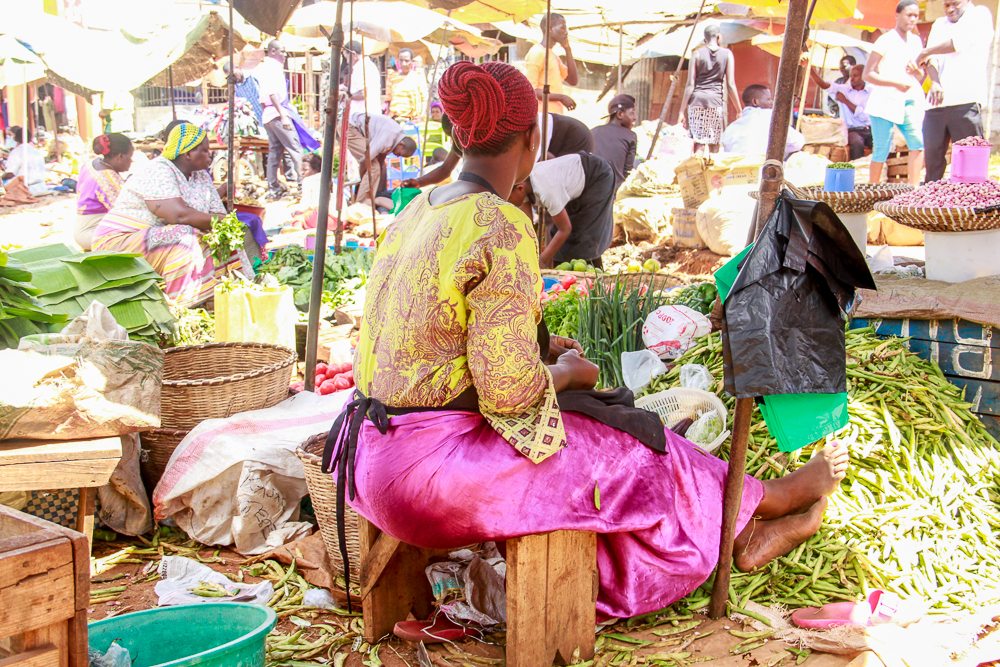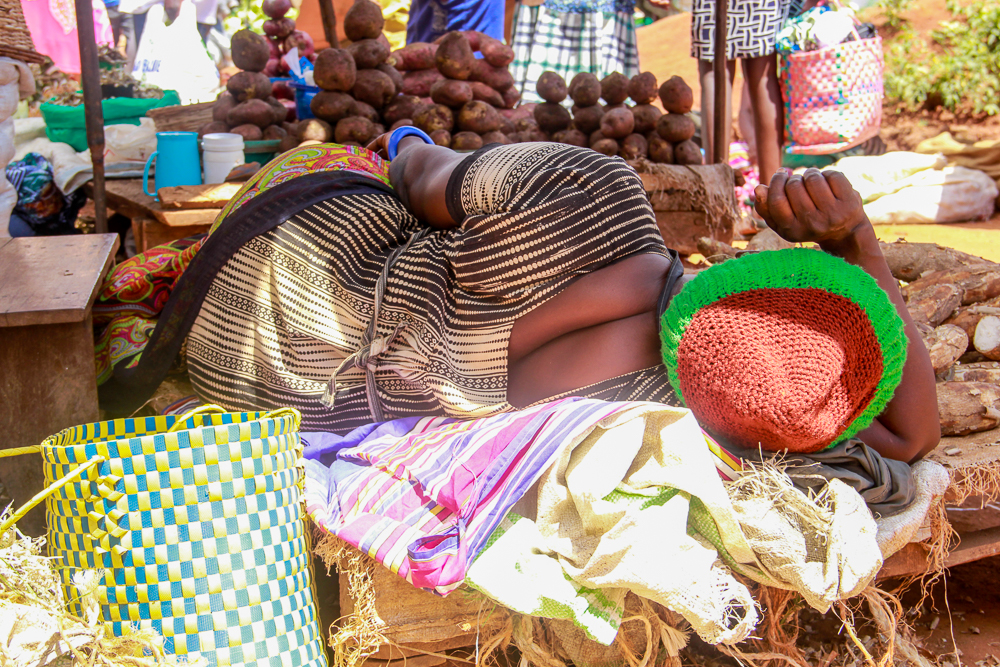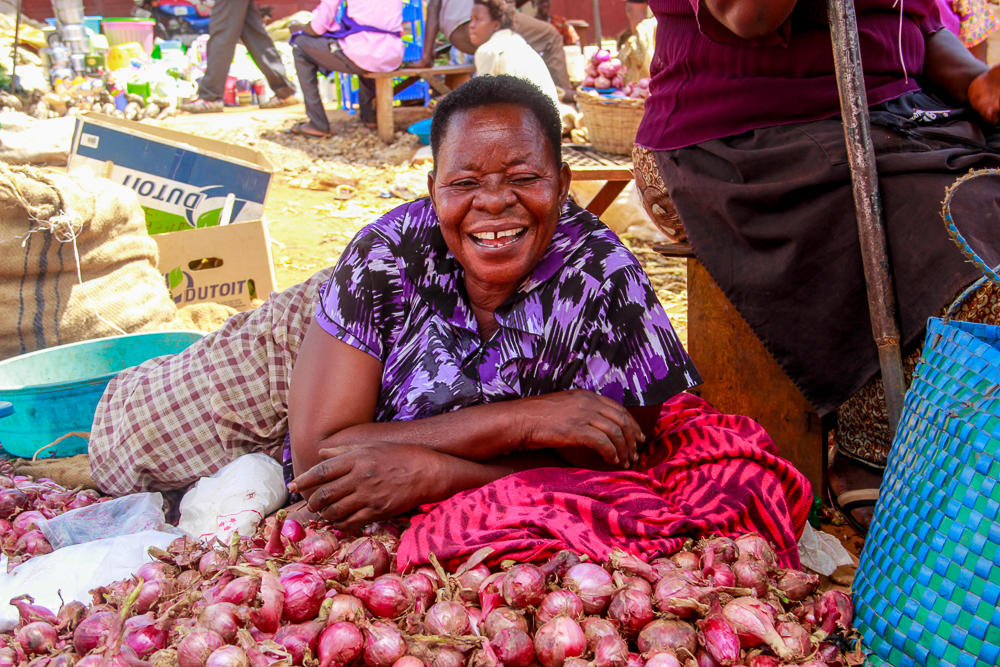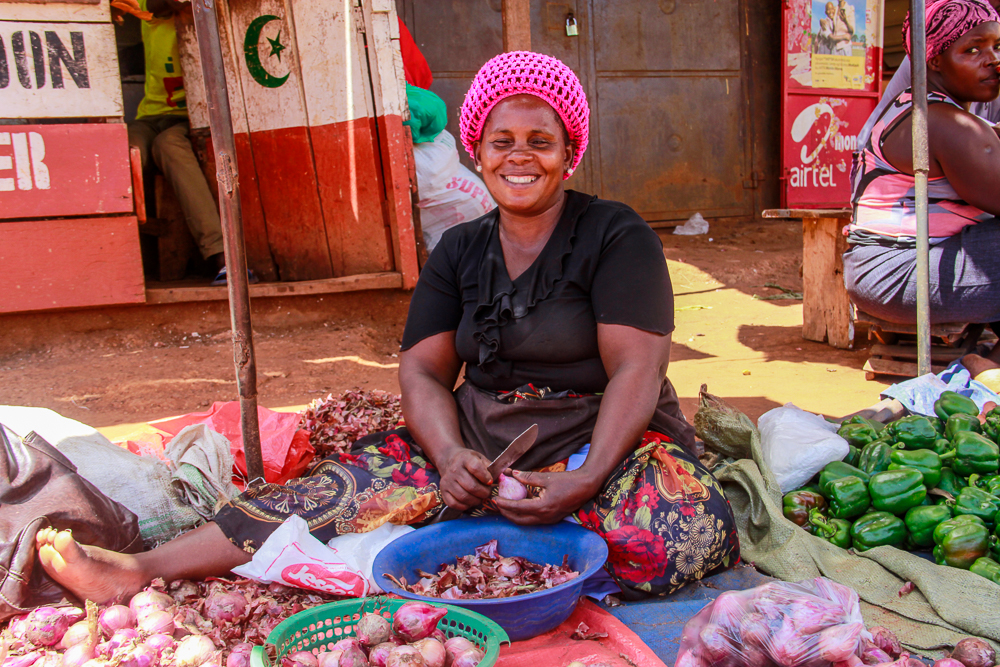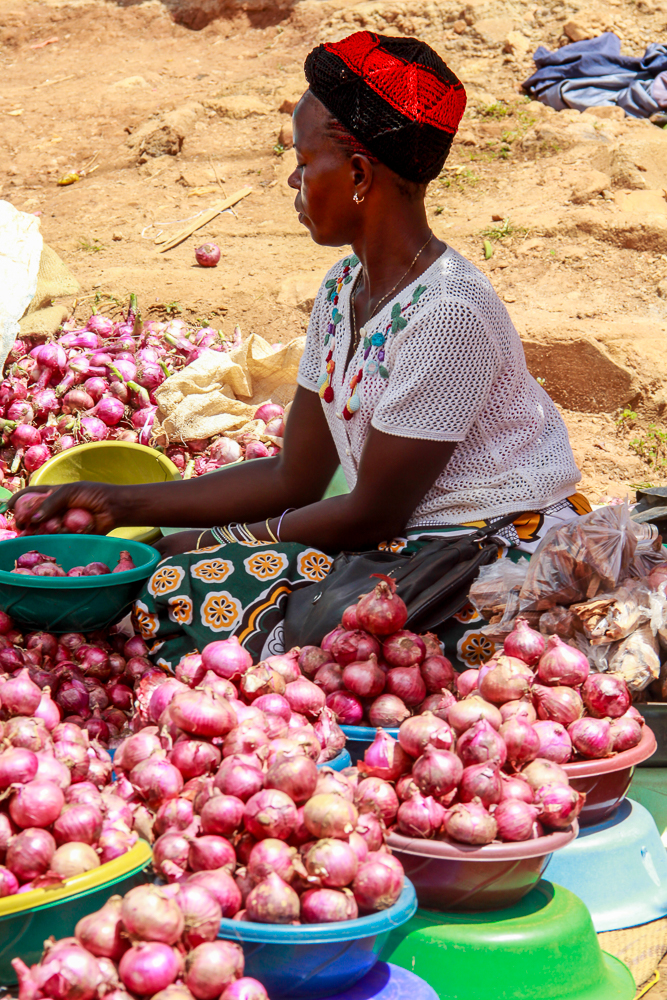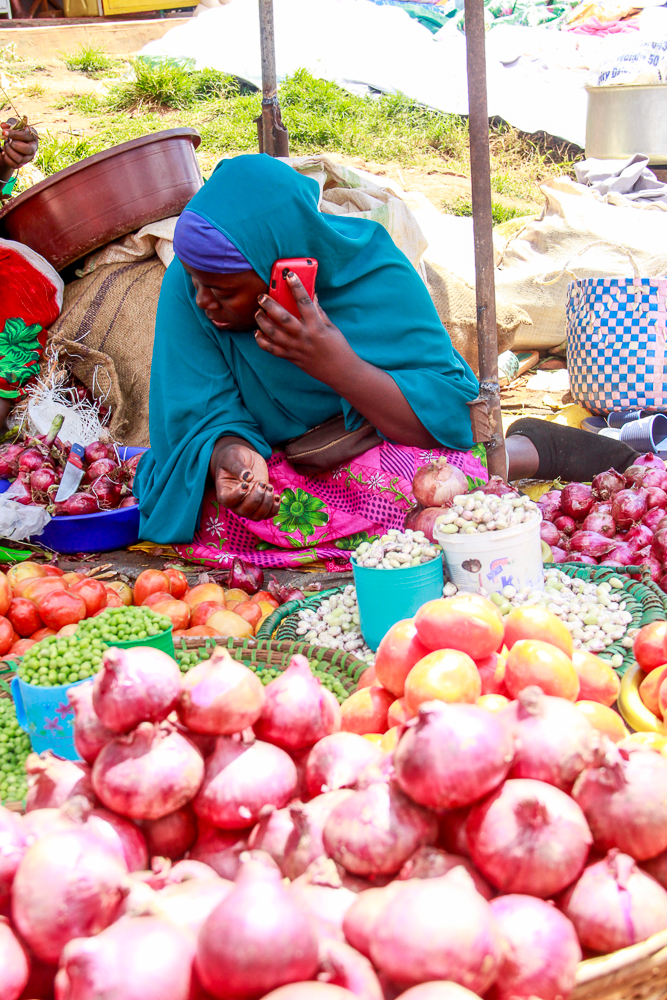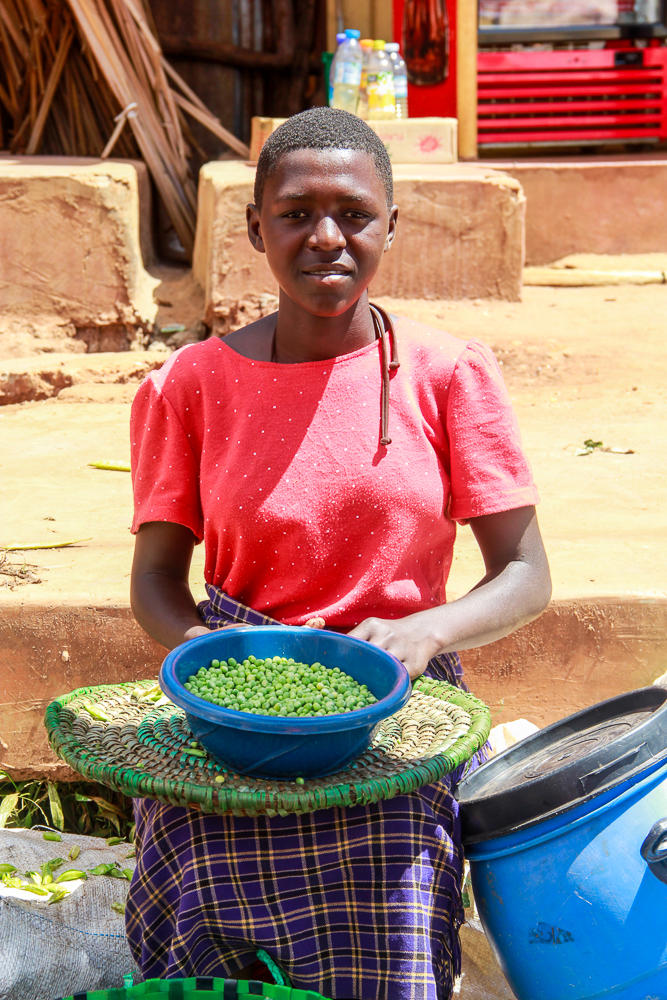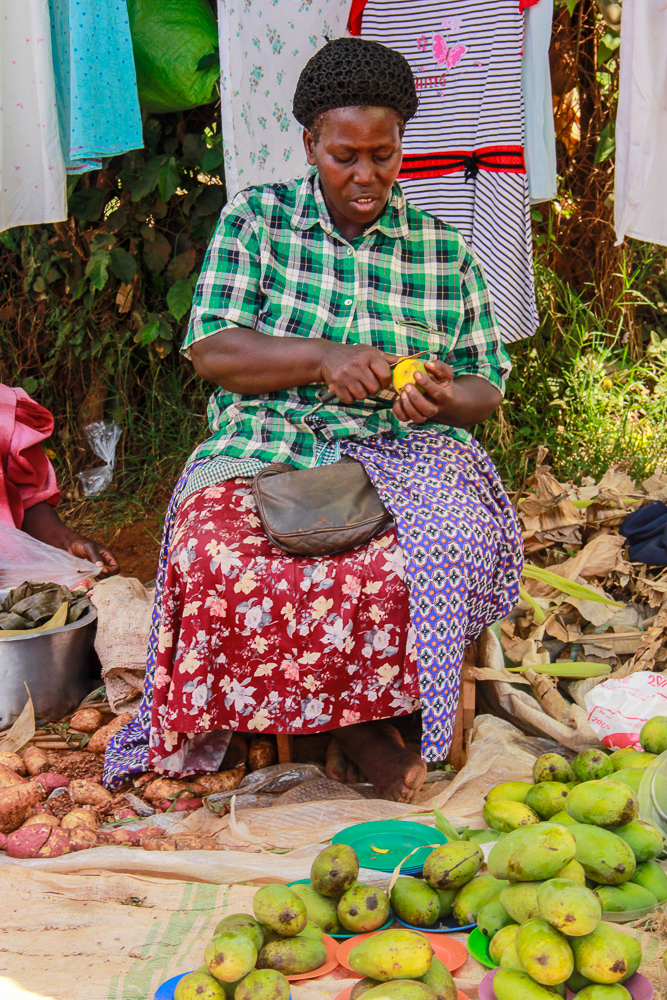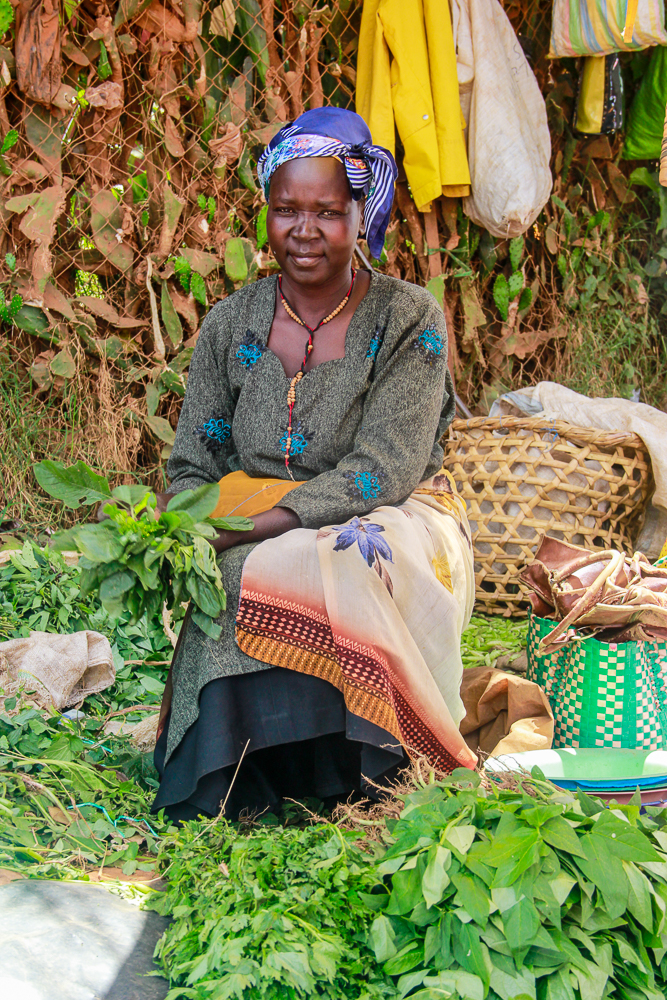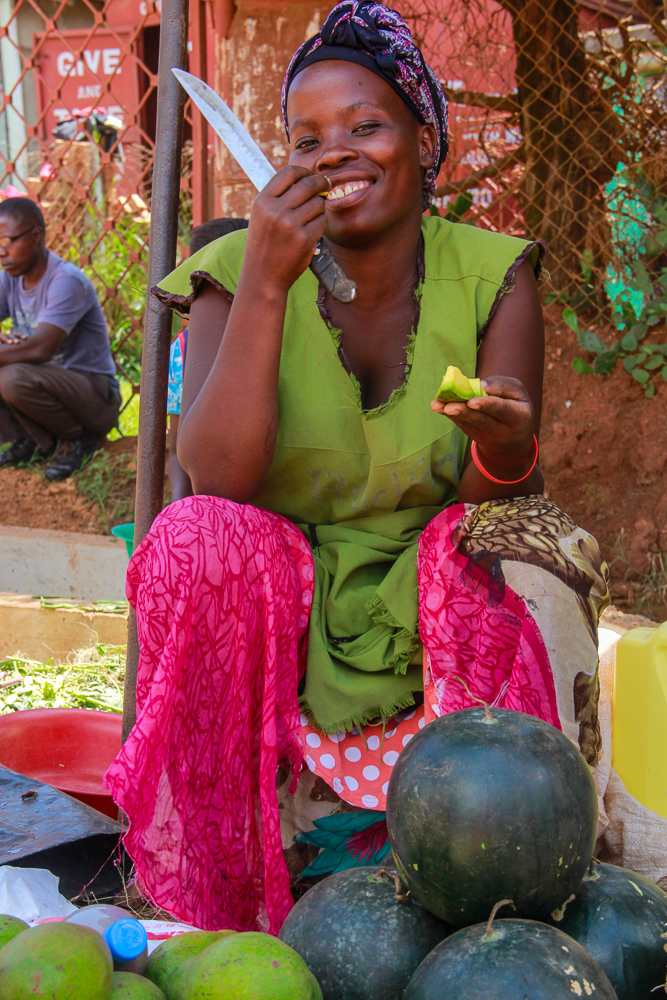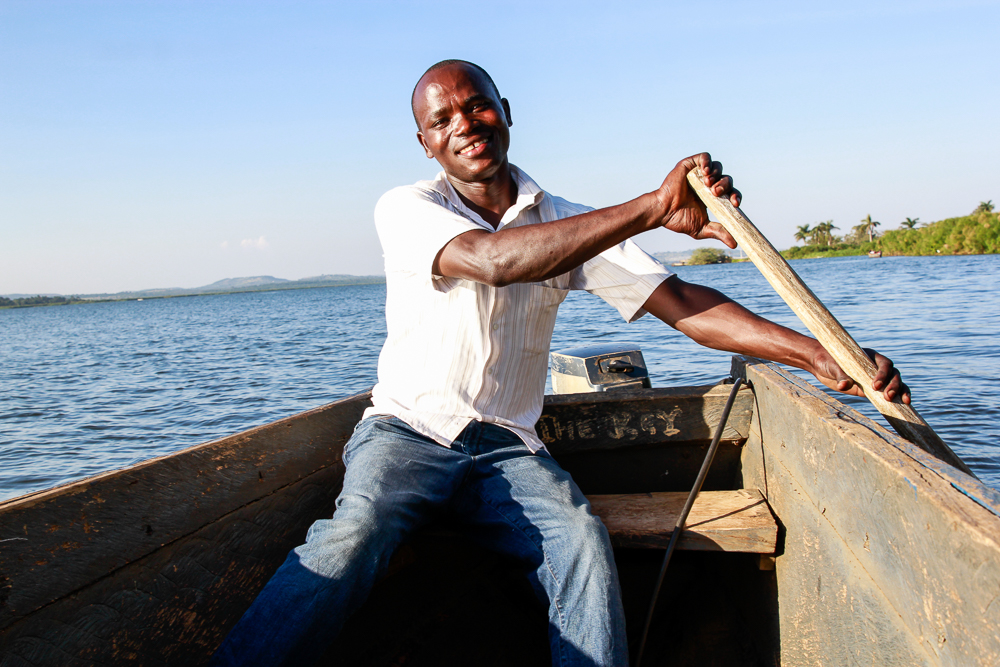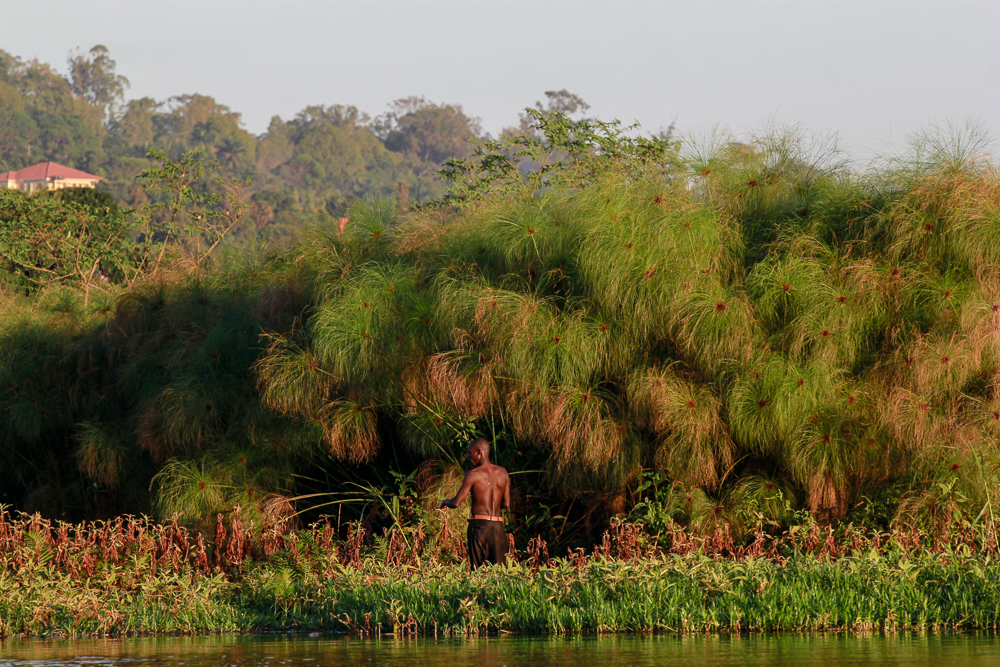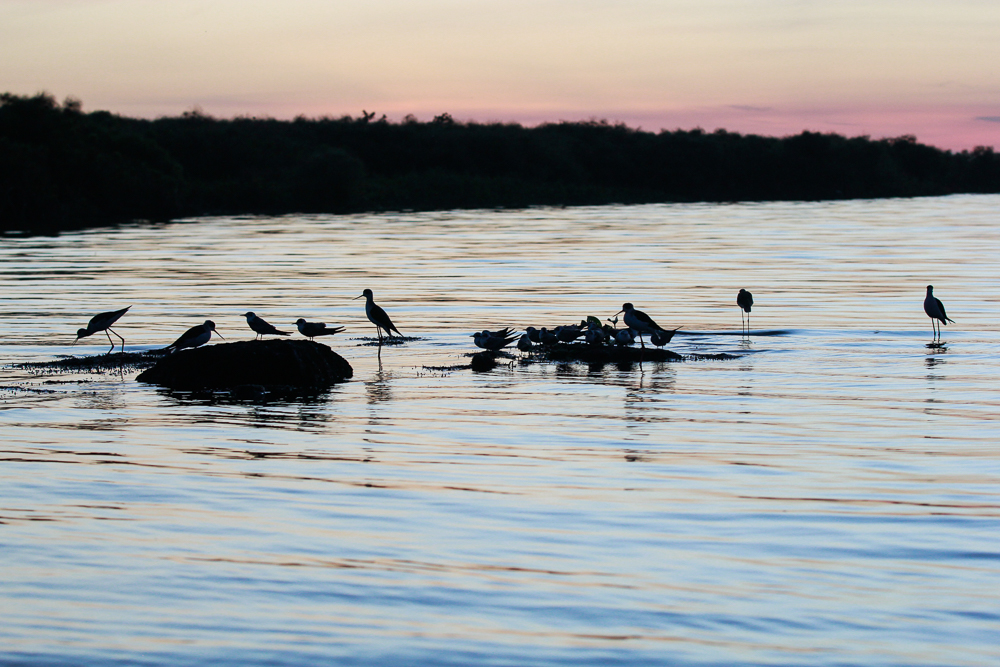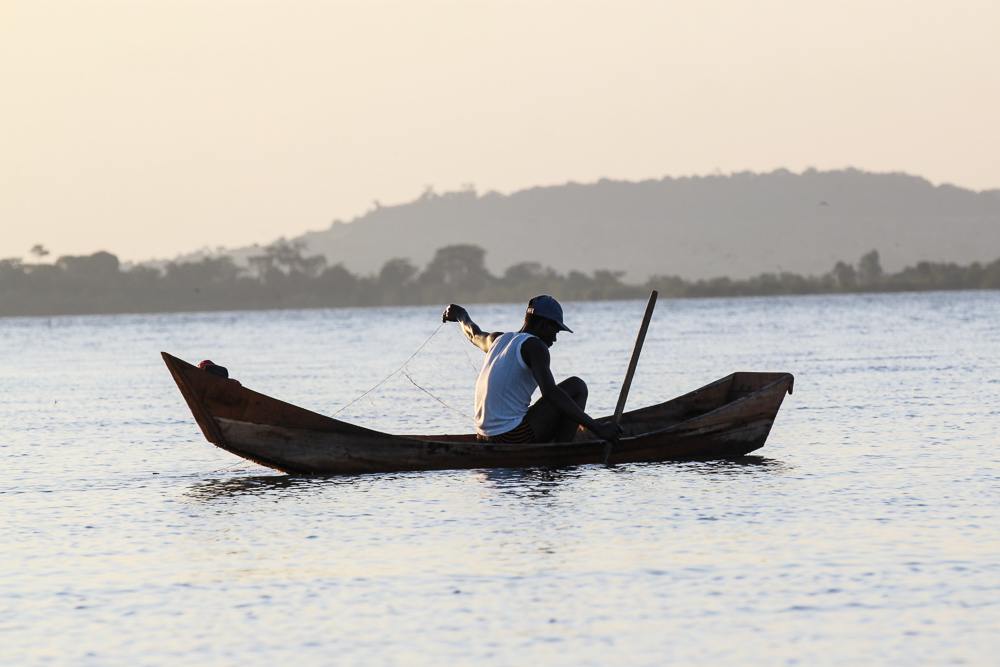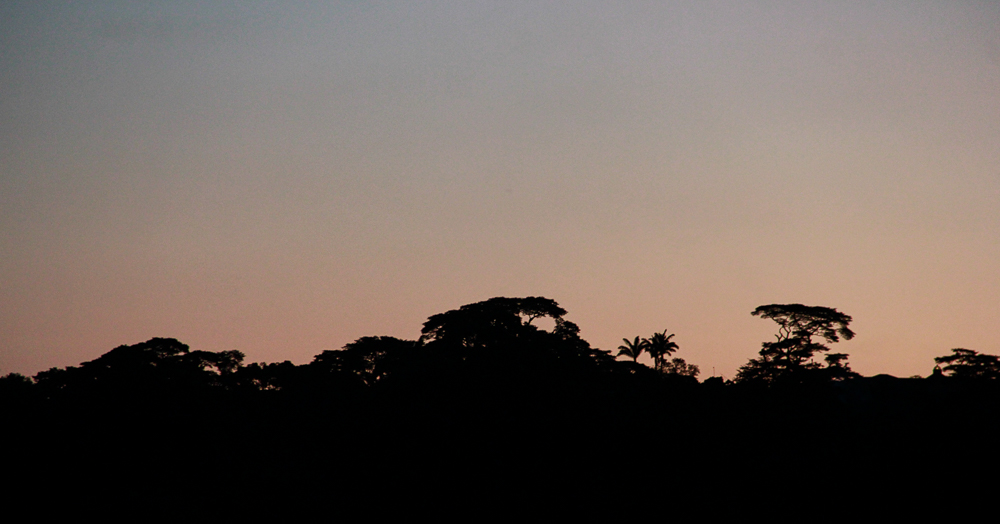My father is convinced that I choose my travel destinations based on political, government and social unrest. Every time I announced an upcoming trip he would bombard me with news articles about the landslides, kidnappings and disease spread in the region. Things have improved somewhat, but it sure was not to his pleasure t that I was headed to visit my friend Michelle in Uganda. Contrary to his anxiety, and with a great dose of excitement I got on a plane from Johannesburg to Entebbe, via Rwanda, and on to an amazing experience.
Uganda greeted me with bunches of dressed-for-prom men and women taking selfies as they were waiting for family and friends to arrive at the airport. Michelle and her beautiful 2 year old daughter stood out from the crowd of “cebos” (“sir” in Ugandan) and madams, dark faces looking with a great dose of curiosity at my torn jeans and covered shoes. I remember being a little girl in communist Bulgaria, staring at the few (non-Russian) foreigners I got to see in the streets of Sofia, wondering who were they, and what were they doing in my unusual destination country. 35 years later I find myself as an American photographer, being one of those foreigners in an unusual destination, peaking interest in the deep brown eyes of kids, the large market ladies, and the proud boda-boda drivers spread comfortably on their seats roasting in the sun. Maybe it is exactly because of my childhood spent in panel blocks, schools without much color but with lots of propaganda slogans, wearing the same clothes and shoes as my classmates, where bananas were on the market only for Christmas and Barbies were dolls of your dreams, that I can look beyond the poor infrastructure, the dirt, the poverty and into the faces and souls of the people who make up this beautiful place.
Uganda is the place of the shortest sunrise and sunset, little boys and girls walking barefoot in the red soil yelling at the cars with “mzungos” (gringos), Matatu vans overpacked with people with colorful signs on the windshield reading anything from “Jesus is Good” to “Mashallah” and “Alla akbar” and unattended giant horn cows grazing on the side of the road. It is also the place where Russian pilots, American military, South Africans and Europeans can hang around the pool at the luxury hotel in town one day, and shoot at each other in the jungle the next day.
We packed a lot in the week I was there. We took a boat at sunset on Lake Victoria. We photographed and interviewed 60 kids who aspire to be boxers and train with no facilities but with great passion. We got quite a few market ladies angry because of my camera at the Kitoro Tuesday market. We ventured out to a beach bar where up until a few years ago you could buy a beer, a tank or a kilo of cocaine and now it is the hang out of Ecuadorian mercenaries who if you ask what they do for a living will tell you they kill people in the jungle, others are afraid to.
Yet, there is so much I didn’t get to do and so many photos I didn’t get to take - the giant African sun setting between two hills with the winding road in between the silhouettes of plantain trees; the kids playing with rubber tires and a stick in the red dust; the moms dressed in colorful outfits carrying their babies in a sack on their backs; the shiny patterned dresses blowing in the wind of the women walking on the side of the road; the street food markets at sunset with the cooking ladies wearing white aprons and tall bonnets; the village houses with clay splashed half way up to the roof as the colors have bled into the wall from the rain; the shades of green in the tea plantations making the hills look like large blocks of puzzles; the large dry fish the fishermen sell at the edge of the lake; the boda-bodas covered with green plantains, pineapples or sugar cane; the mushroom shaped trees covered with orange blossoms; the endless varieties of head-buns and scarves… I didn’t drink enough Ugandan coffee, didn’t get called “mzungo" enough, didn’t spend enough time in the back streets of the neighborhoods where you find the beautiful and the ugly of Ugandan reality with the open fire pots, the timber, the chickens, the cows, the pregnant women, the barber shops with purple walls and photos of hair braids under a barely lit tungsten lightbulb, the sounds of music, the kids playing under a half broken hotel sign, the candles inside the homes, the stray dogs, the smiling faces, the sad faces, the angry faces…
The evening we took a boat on the lake, summed up what Uganda left in me. Our guide’s first name was Rogers. He did not let go of his huge smile with a space between his front teeth, not even for a minute. His long wood boat had been around for awhile, it didn’t have a motor, just ores. There was a “God is great” written with white paint on one of the benches. Rogers rowed us along, as we glided by papyrus, rare birds and moss with the sounds of the city hills in the far distance.
Fishermen in tiny boats were throwing their nets or spearing through the papyrus catching crabs. Birds with long red legs and beaks were walking between water lilies. Kingfishers with colorful bodies stood out on the backdrop of the deep green papyrus. As the sunset progressed, the birds and fishermen boats turned into black silhouettes on the backdrop of a melting prism of purple, pink, orange and blue. Approaching the shore our boat was absorbed into a cloud of a thousand dragonflies, flipping their wings and pointing their tales in every direction. You couldn’t tell where they came from or where they were going, but they covered the sky and everything around us, leaving us in dismay. And that’s just it- Uganda is a place of raw, simple and unexpected beautyjust like a thousand dragonflies.
